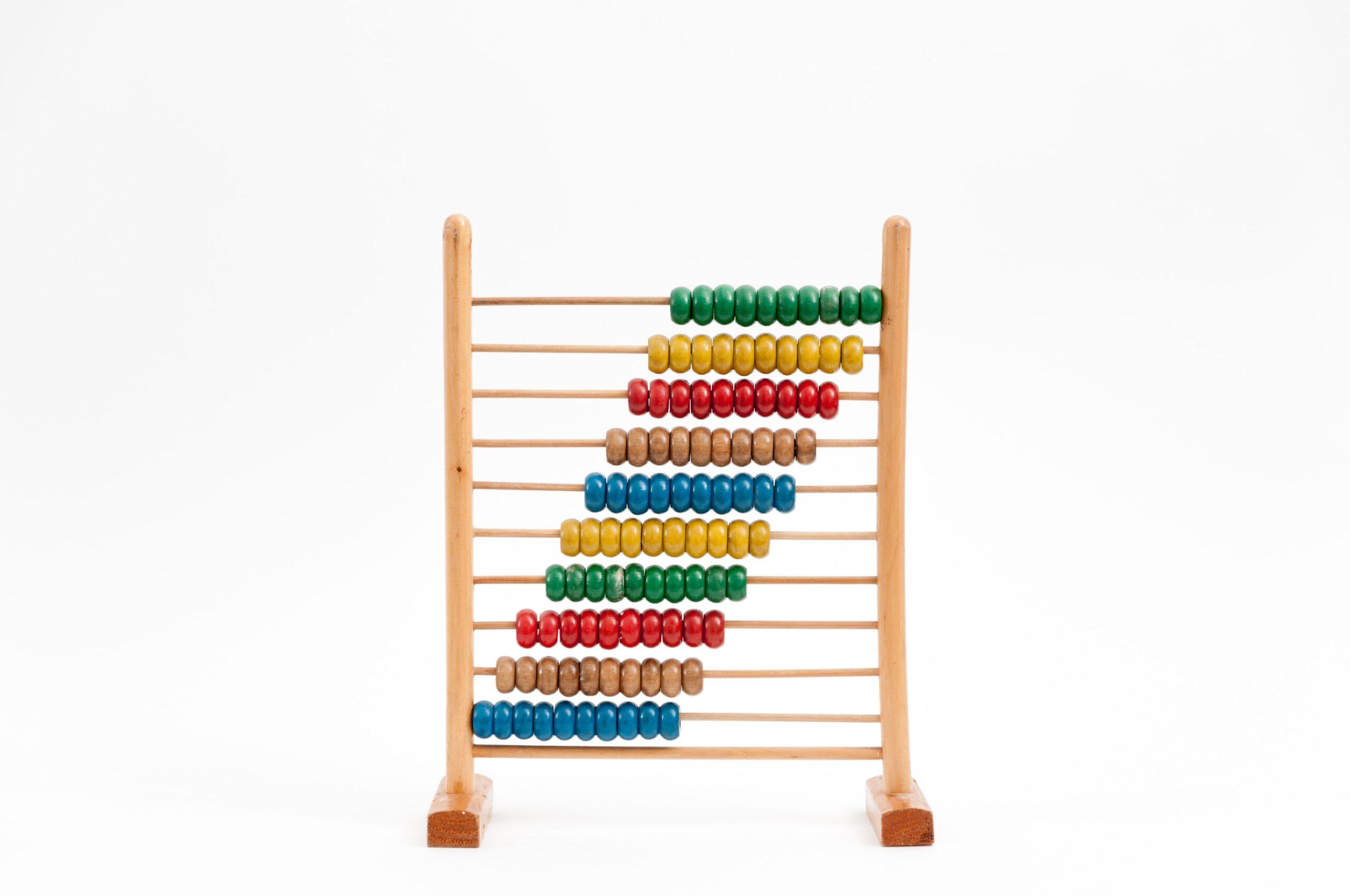Dr. Howard Gardner, of Harvard University, has spent years investigating children’s thinking and learning. He believes that all children have differing abilities or different ways of being smart. He calls these different capacities “multiple intelligences.” Gardner sees intelligences as potentials, that may or may not be activated, depending upon the experiences available to the child in his environment. So far, Dr. Gardner has described eight intelligences, although he says that there may be others yet to be found.
How do I observe my child’s intelligences?
- What activities or interests does my child seem to pursue on his own?
- What activities or interests seem to capture my child’s attention for longer periods of time than other things?
- What does my child say are his favorite things to do?
- What activity, and in what setting, seems to make my child the happiest?
Remember that your child will probably reveal some combination of all the eight intelligences, but some may be more pronounced than others.
Verbal-Linguistic Intelligence
Sensitivity to the spoken word and written language, the ability to learn language and the capacity to use language to accomplish goals. Teachers, lawyers, translators, writers and speakers show a high level of performance in the area of verbal-linguistic intelligence.
Children use language from the first year of life beginning with cooing and babbling . Some children speak early and are nonstop talkers, loving to play with sounds and words. They seem to love saying, hearing and seeing words. They learn new vocabulary and complex sentence structure easily. They seem to have excellent auditory skills and remember a lot of what they hear. They are capable of learning and using more than one language with little difficulty. They have a passion for books and love stories and jokes. They are often very early readers and writers and are good conversationalists for their age.
How to nurture verbal-linguistic intelligence:
- Read to your child everyday— especially at bed time.
- Talk to your child and with your child about any topic that is of interest to you both.
- Tell your child stories.
- Encourage your child to tell you stories and write them down.
- Make books with your child.
- Ask your child to tell you about his artwork and write it down.
- Use a second language at home.
- Take your child to language lessons if they are fun for your child.
- Take your child to the library and let your child select and take out books.
- Go on field trips to see new things. Encourage him to talk about what he sees and ask questions.
- Attend storytelling sessions, puppet shows and theatre for children.
Logical-Mathematical Intelligence
The capacity to analyze problems logically, carry out mathematical operations and investigate issues scientifically. Mathematicians, logicians and scientists show a high level of performance in the area of logical-mathematical intelligence.
Some children seem to especially enjoy learning and applying math concepts more than others. They seem to love counting, comparing amounts, measuring things around the house and playing with geometric shapes. They learn math concepts and skills eagerly and with ease. They love games that are based on quantity and strategies. They also enjoy activities that include adding and subtracting, chance and probability and rules and scores. Such children will often play math games for long stretches of time and delight in stories that include math ideas or math problems. They also seem to be curious and explorative.
How to nurture logical-mathematical intelligence:
- Provide your child with objects to manipulate and count such as cubes, plastic bears, poker chips, miniature cars.
- Play games with your child that involve numbers like cards, dice and bingo.
- Teach your child games that involve strategies like checkers, connect-4 and chess.
- Encourage your child to ask questions and ask your child questions in return, e.g, what do you think will happen if…? how can we find out…?
- Read books to your child that include math problems or ideas.
- Provide your child with math computer games and play the games with him.
- Do math around the house, e.g. when setting the table count how many dishes are needed, check the time on the clock, read the weather thermometer, measure amounts in cooking, use a scale, etc.
Musical Intelligence
The ability to perform, compose, comprehend and appreciate musical forms and patterns. People who are instrumentalists, composers and conductors show a high level of performance in the area of musical intelligence.
These children may show a strong sense of rhythm, excellent pitch, make every toy or object into a percussion instrument, continually sing around the house and in the car, memorize songs and melodies easily and spend lots of time listening to musical CDs and videos. They may be intrigued by watching older children or adults playing instruments and ask to play an instrument at an early age.
How to nurture musical intelligence:
- Sing, hum and tap out rhythms with your child.
- Play all types of music for your child on a CD or tape player.
- Provide your child with simple rhythmic and melodic instruments such as a small drum, xylophone and a recorder.
- Make simple instruments and explore their sounds.
- Encourage your child to study an instrument and/or enroll in music programs for children.
- Take your child to concerts.
- Expose your child to a variety of music.
- Encourage your child to compose music and record it.
Bodily-Kinesthetic Intelligence
The ability to use one’s whole body or parts of the body, like the hand, to solve problems or fashion
products. People who are dancers, athletes, surgeons, mechanics, artisans and actors show a high level of performance in the area of bodily-kinesthetic intelligence.
Some children seem to use their bodies as their primary way of exploring the world and learning. They show exceptional skills in dance , gymnastics or sports at a very early age. They are eager to play games with lots of physical action, learn sport skills easily and enjoy practicing what they have learned. They tend to have good coordination and control over their bodies.
How to nurture bodily-kinesthetic intelligence:
- Provide opportunities for your child to be physically active during the day.
- Enroll your child in dance, gymnastics or sports programs to help the development of his skills.
- Do physical activities with your child, e.g. play ball, dance, skate, run, jump rope, swim, exercise.
- Take walks and run with your child.
- Encourage your child to use his or her body in creative ways.
- Make art projects and models, as well as play with construction sets with your child
Spatial/Visual Intelligence
The ability to recognize and manipulate the patterns of spaces both wide and confined. People who are navigators, pilots, sculptors, chess players, graphic artists and architects show a high level of performance in the area of spatial intelligence.
Some children have a passion to draw, design and construct things. They love block building and are fascinated with machines and how things work. They have a great sense of direction, know where everything is located and love to arrange things in spaces. They often like two and three dimensional puzzles. They tend to think in visual images and representations, so they are often able to paint or sculpt or create places and things they have seen from memory. They might also enjoy taking photographs, videos and playing with computer images.
How to nurture spatial/visual intelligence:
- Provide your child with materials to design and build.
- Encourage your child to read maps and follow them when you go out.
- Permit your child to arrange and organize his things.
- Provide your child with multi-dimensional puzzles and games.
- Encourage your child to draw and sculpt, take photos and videos.
- Play computer games that focus on design and construction.
Interpersonal Intelligence
The capacity to understand the intentions, motivations and desires of other people. People who are clinicians, politicians, actors, salespeople, religious leaders and teachers show a high level of performance in the areas of interpersonal intelligence.
Some children seem to be able to relate to other children and adults more easily and at an earlier age. They also seem to be able to understand the thoughts and feelings of others and respond accordingly, although they can be manipulative if they are not properly nurtured to use their abilities in a positive way. They often take leadership roles within their peer group and have many friends. They are able to share, cooperate, lead, follow and know what to do. Girls often show these abilities earlier then boys.
How to nurture interpersonal intelligence:
- Provide your child with opportunities to play and be with other children.
- Give your child opportunities to do group activities.
- Discuss relationships with your child.
- Help your child to further develop his people skills by discussing other people’s perspectives and views.
- Read stories and discuss the motivations and the needs of the characters.
Intrapersonal Intelligence
The capacity to understand oneself, to have an effective working model of oneself, including one’s own desires, fears and abilities; and use such information effectively in regulating one’s own life. People who are philosophers and writers show a high level of performance in the areas of intrapersonal intelligence.
Some children show an early ability to understand their own thoughts and feelings, strengths and weaknesses, passions and ideas. These children are sometimes more solitary, need more private time and space, and enjoy focusing on what interests them and pursuing it.
How to nurture intrapersonal intelligence:
- Encourage your child to pursue personal interests and passions.
- Talk to your child about his thoughts, feelings, dreams, ideas.
- Read biographies of famous people and discuss their dreams and accomplishments with your child.
- Share your own thoughts, feelings and dreams with your child.
Naturalist Intelligence
The ability to recognize and classify both natural and artificial objects in the environment. Botanists, geologists, farmers and archeologists show a high level of performance in the area of naturalist intelligence.
Most children love to be outdoors, running and playing, enjoying the wonders of nature. Some children seem to be deeply captivated by the wonders in nature, from the smallest insect to the tallest tree. These children enjoy observing nature under a magnifying glass, under a microscope or through a telescope. They love to spend long hours observing a still-water pool or sifting through sand at the beach. They will often memorize lists of names of animals like dinosaurs, planets, land forms and rocks.
How to nurture naturalist intelligence:
- Spend time outdoors exploring and discovering nature’s wonders with your child.
- Plant a garden with your child.
- Keep a pet and learn to care for it.
- Provide your child with some basic tools for observing things close up or far away such as a magnifying glass, a microscope, binoculars or a telescope.
- Read books about nature.
- Make collections of objects and compare, contrast and sort them.
- Play nature games that help your child review the information he has learned about plants or animals.
When choosing a program or school for your child, try to find one that supports the continuing enhancement and development of your child’s intelligences. Giving your child the opportunity to use their intelligences to learn and grow is the key to their success in school and in life.




